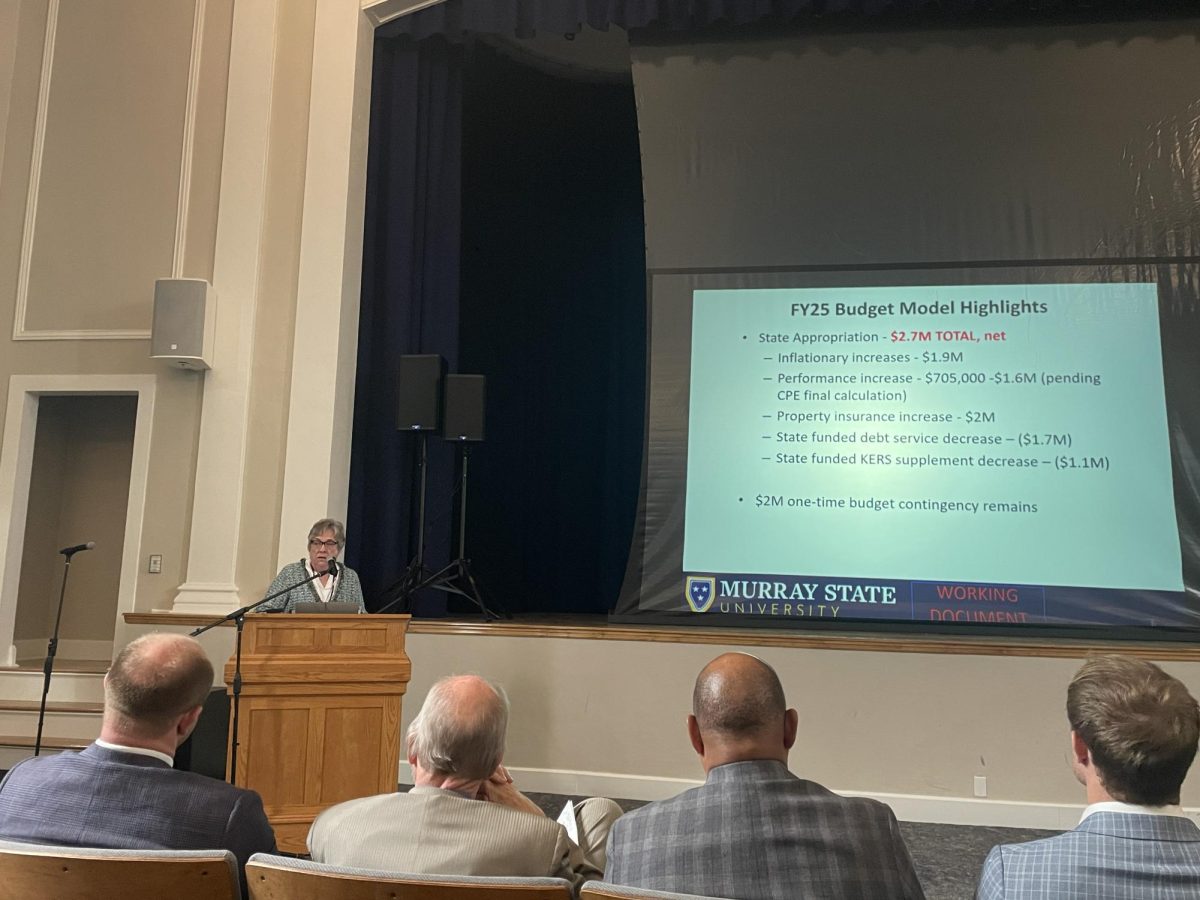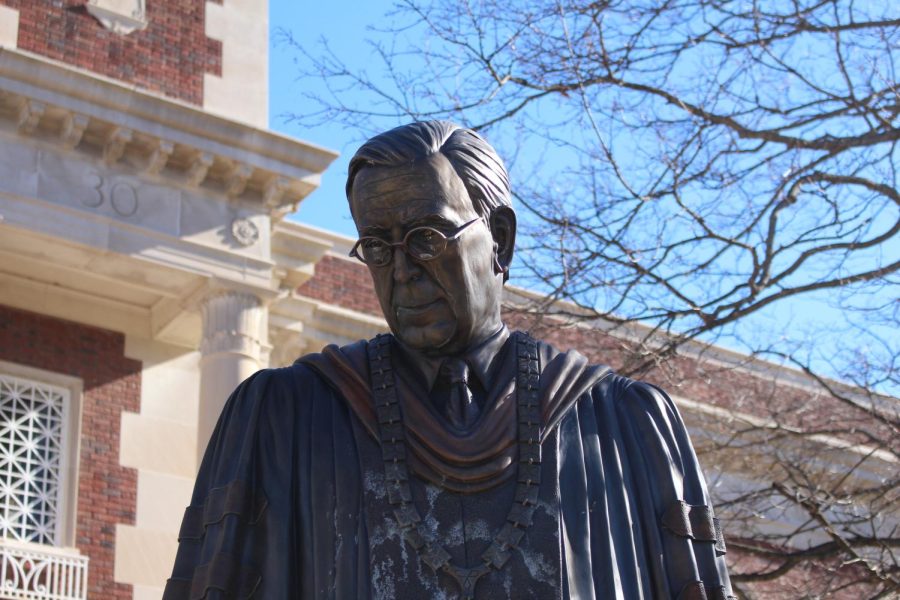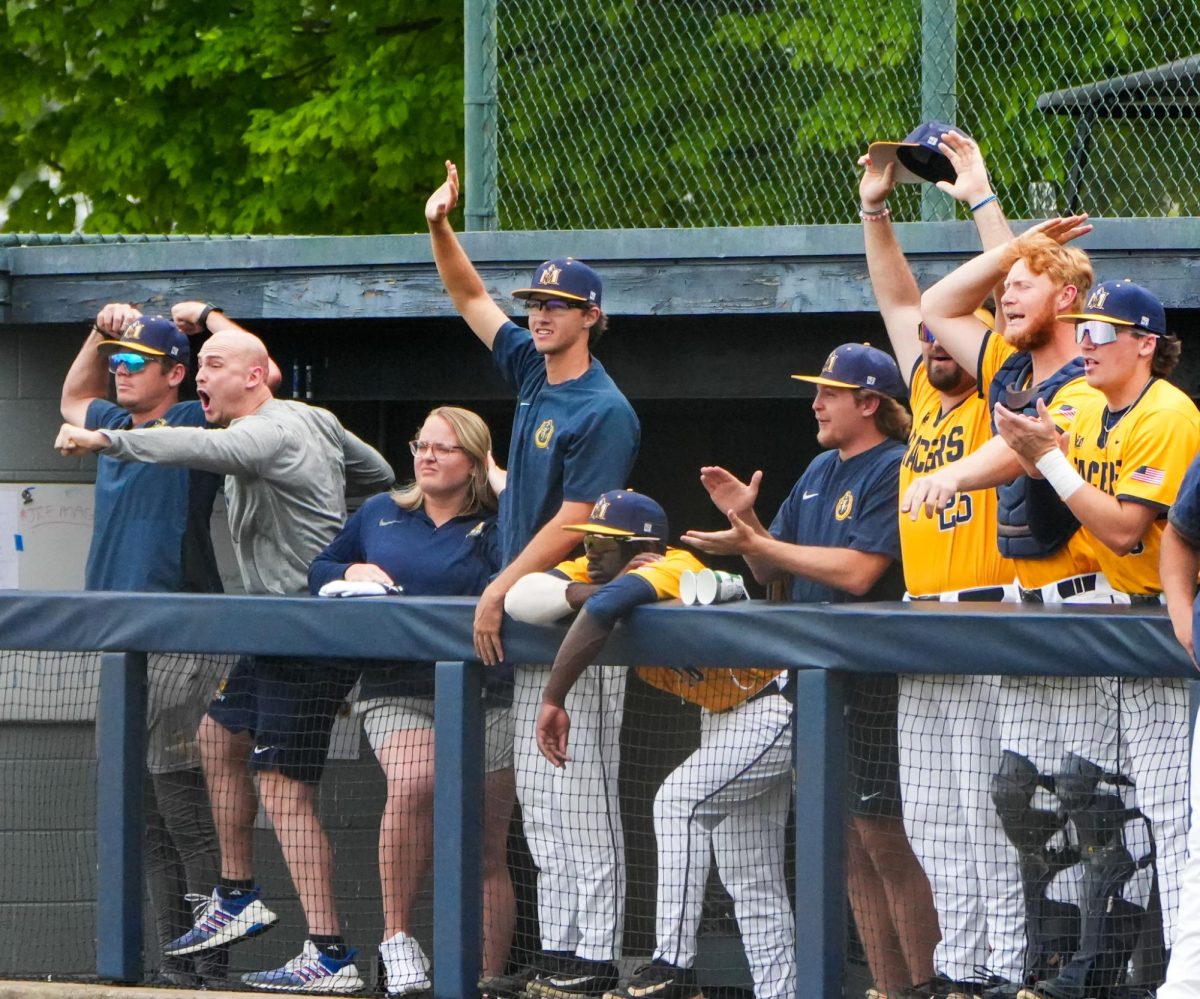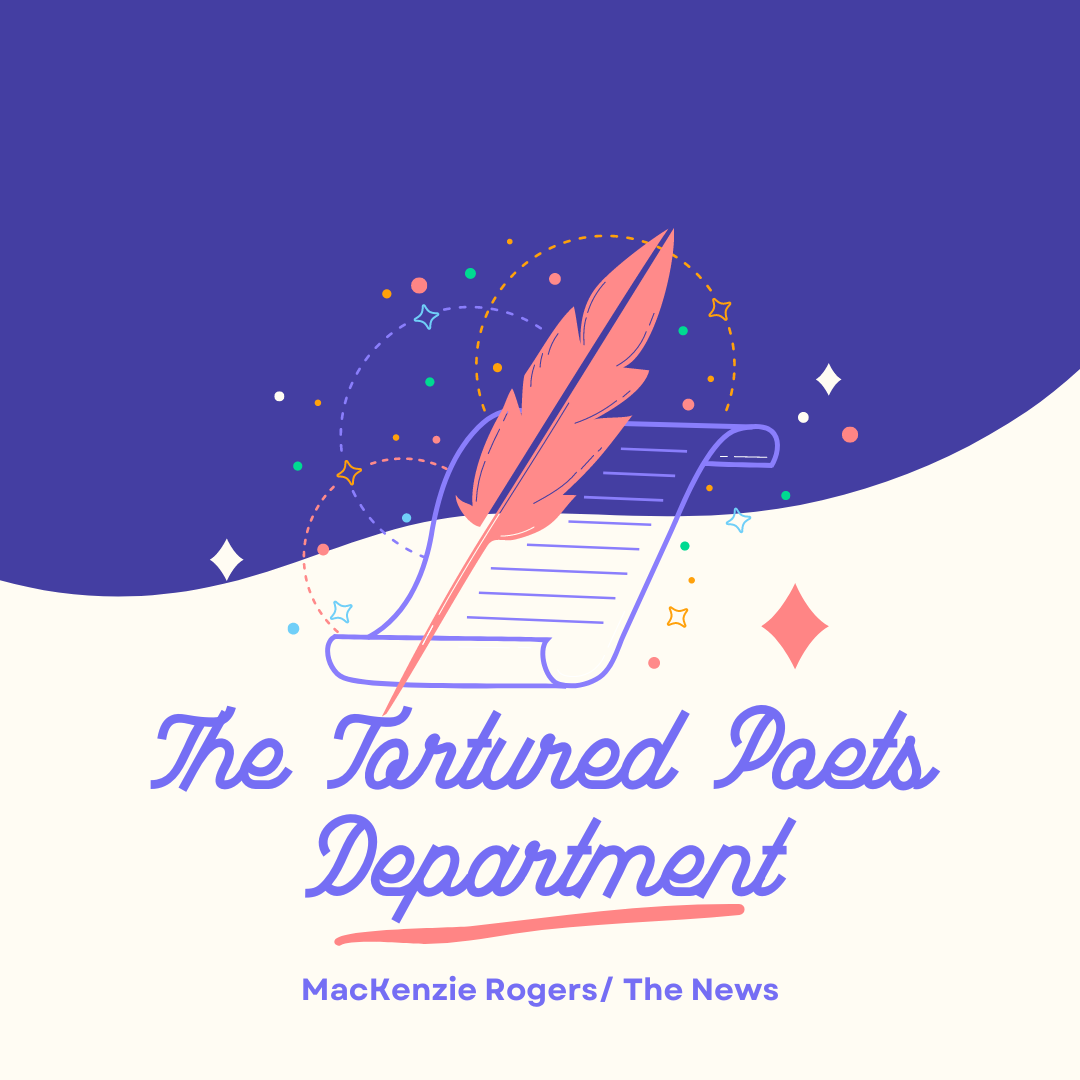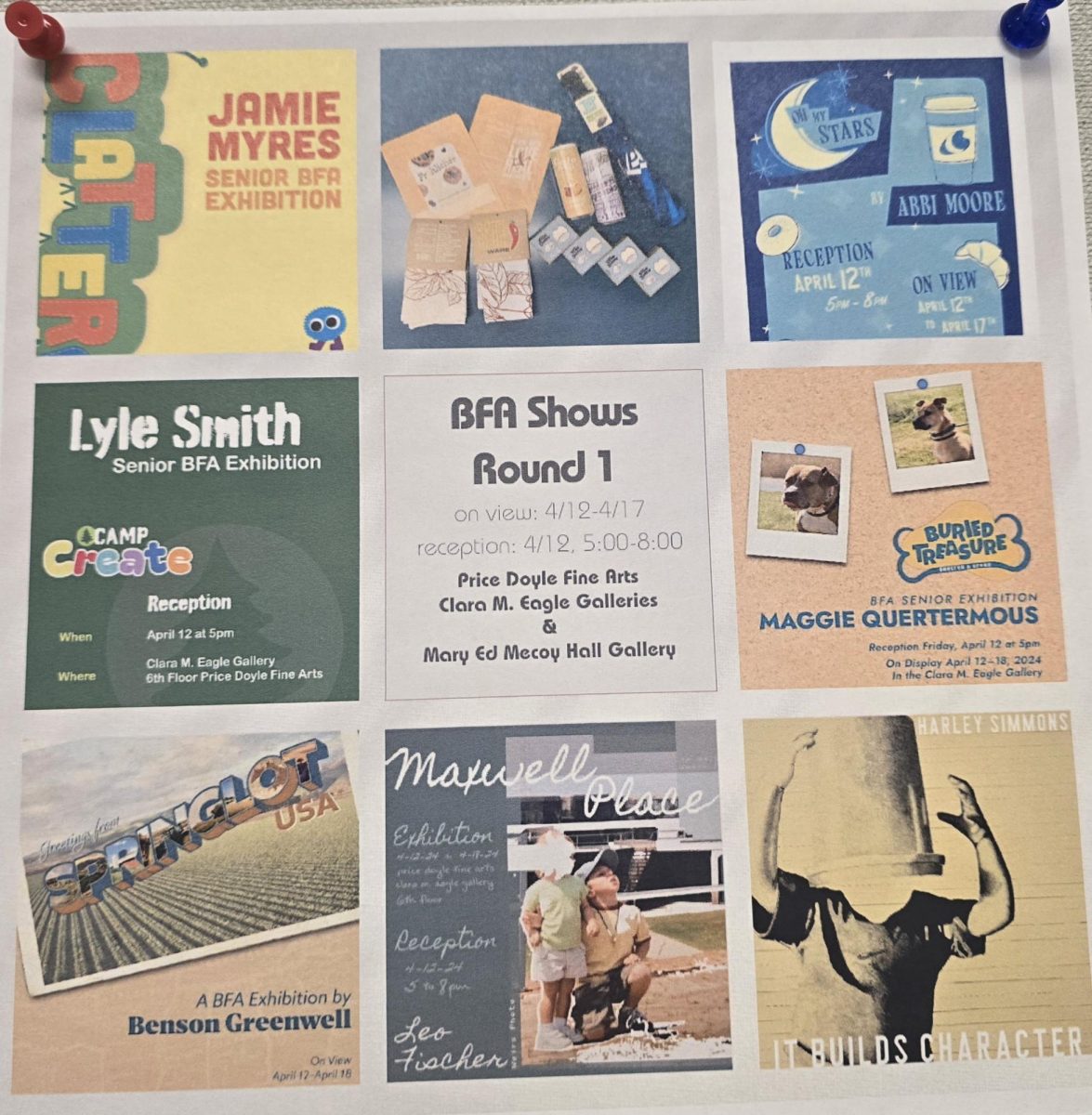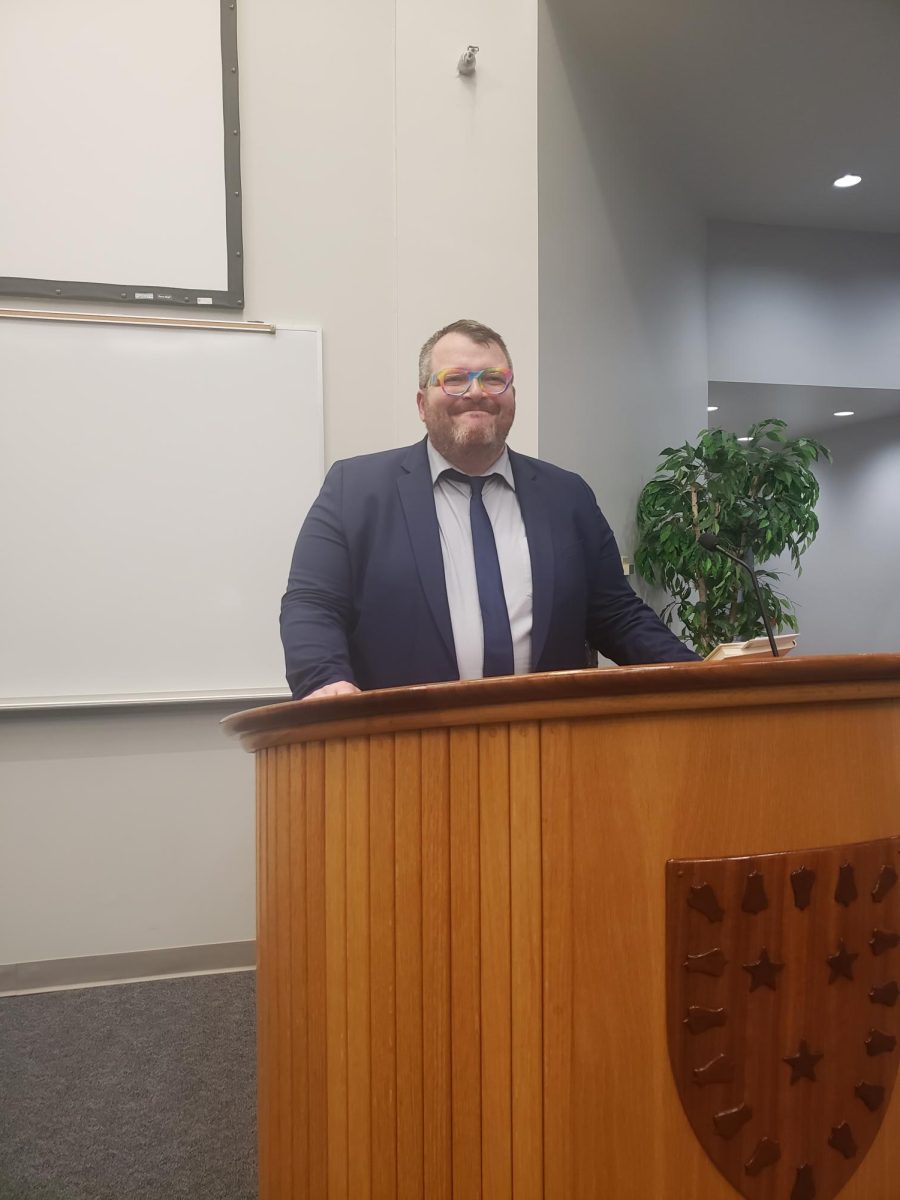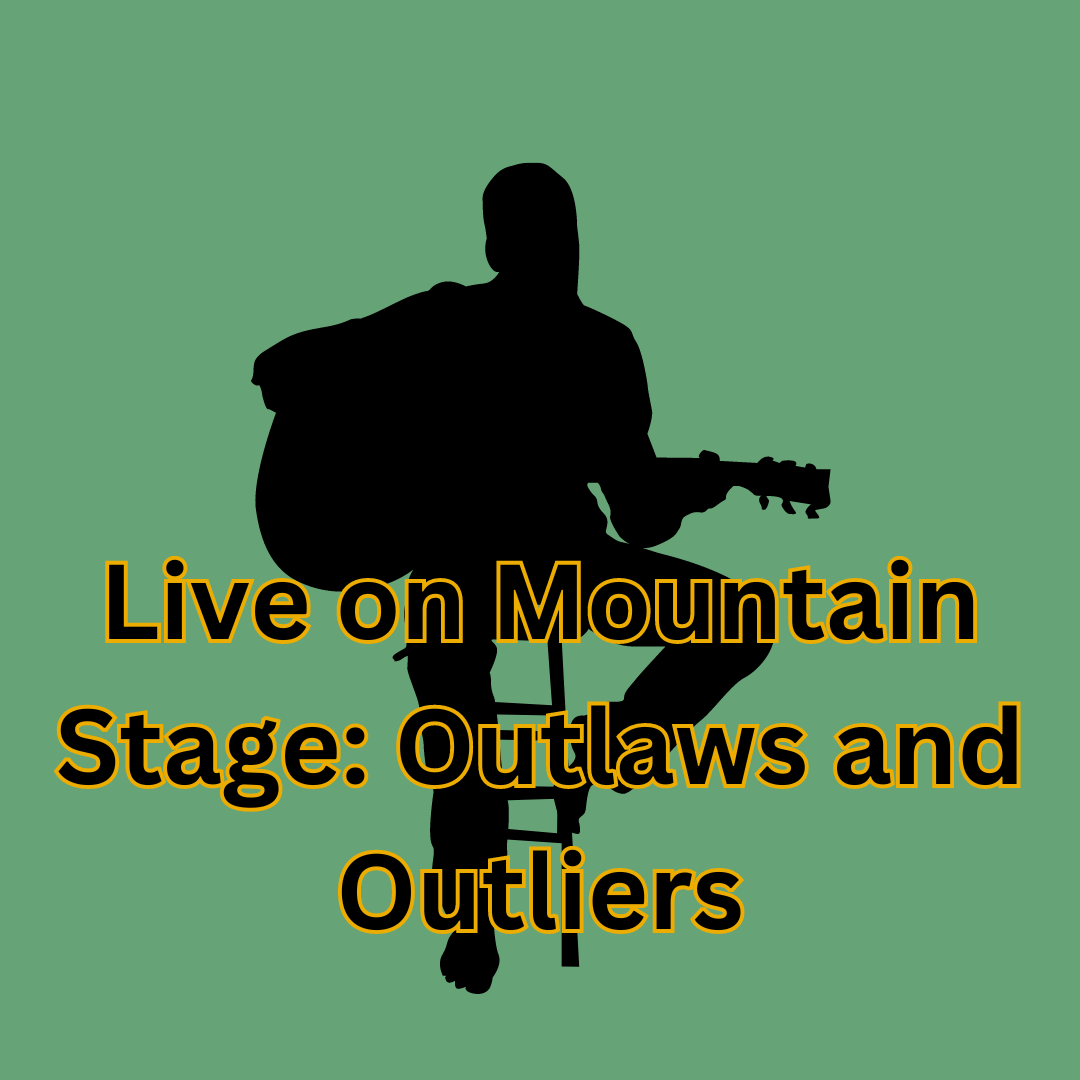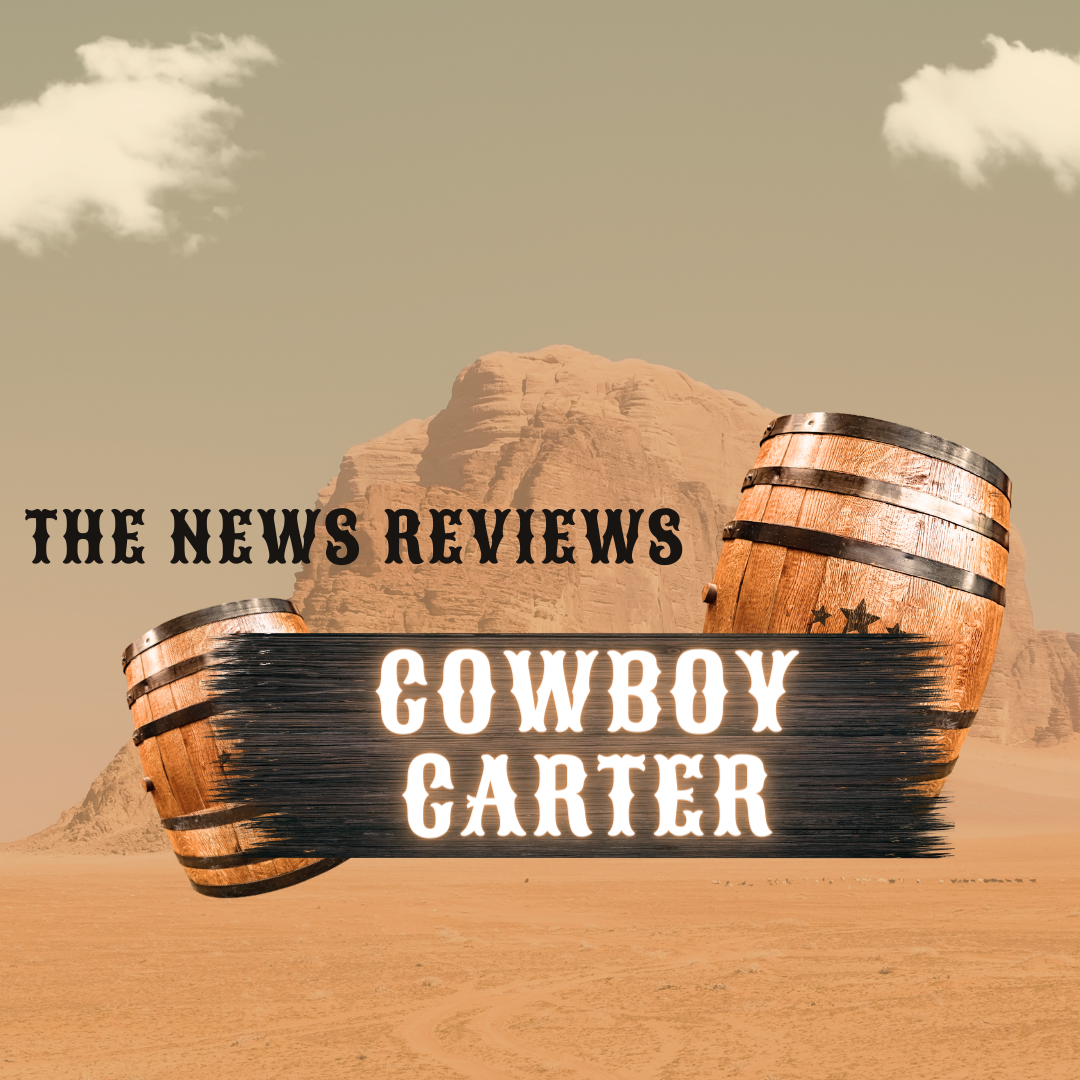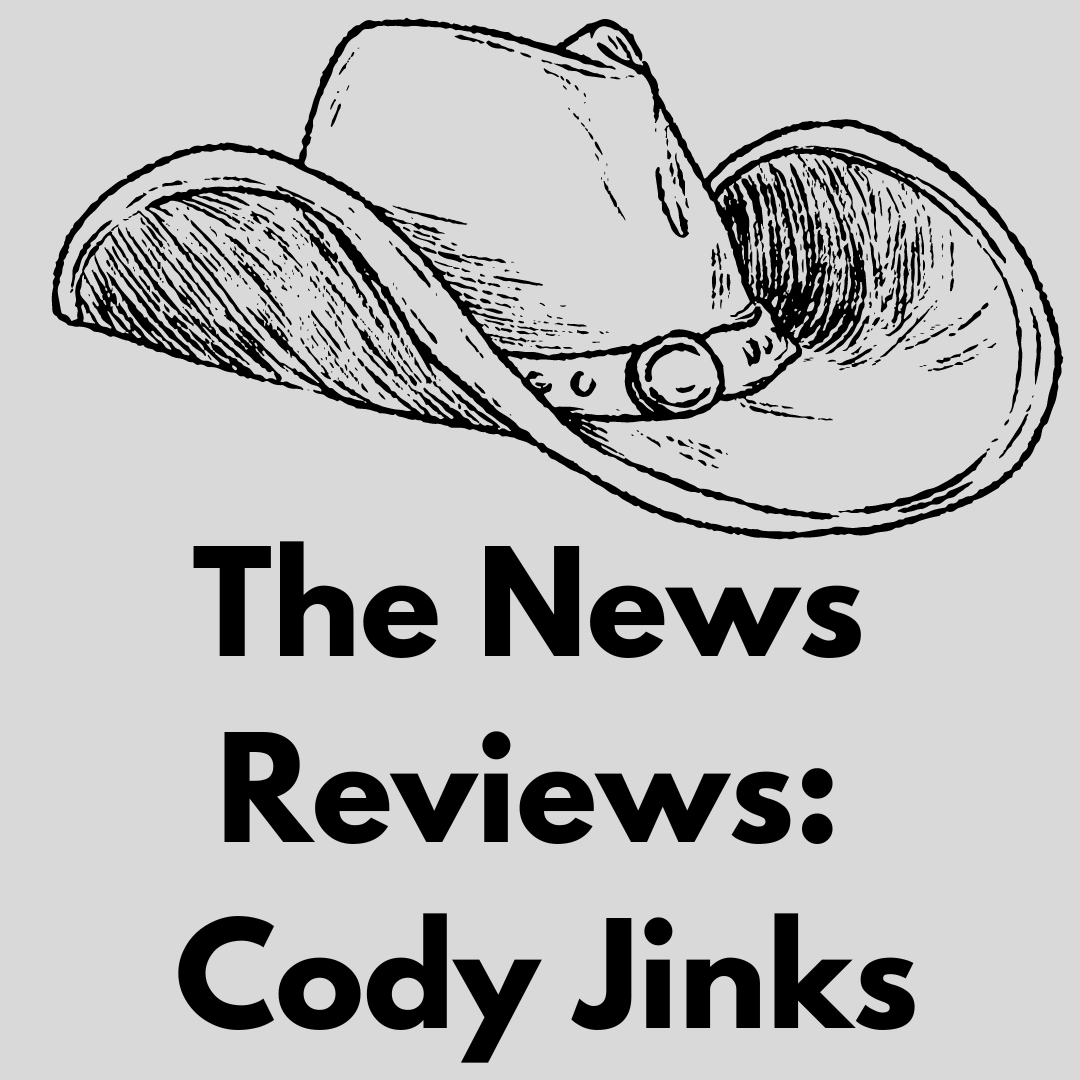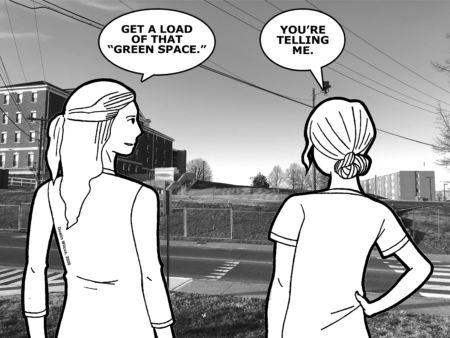Ronald Reagan quipped that the nine most terrifying words in the English language were “I’m from the government and I’m here to help.” Anti-tax activist and stalwart conservative Grover Norquist said that he’d “just want to shrink (government) down to the size where we can drown it in the bathtub.” Former Congressman Ron Paul holds that “I am convinced that there are more threats to American liberty within the 10 mile radius of my office on Capitol Hill than there are on the rest of the globe.”
The conservative campaign against “big government” has been in full swing since the election of Ronald Reagan as President in 1980. Unapologetically opposed to the growth of government except when it favors their social or foreign policy agendas, the small government right holds that government is always inefficient, too expensive, and often tyrannical (especially if you’re a shareholder for a fortune 500 company, in which case Barack Obama is essentially no different than, well, whichever dictator you feel like comparing him to). This kind of small government conservatism is typified in popular culture by characters like Ron Swanson (played by Nick Offerman) on NBC’s Parks and Recreation, the Director of Parks and Recreation in the fictional town of Pawnee, Indiana who doesn’t even believe in doing the job his department is tasked with. “I think that all government is a waste of taxpayer money,” says Swanson in the show’s pilot episode.
Parks and Recreation actually makes for a good foil for which to view the debates ongoing in our democracy, from Wingo to Washington. I’ll admit that it’s my favorite show on television in part because of Amy Poehler’s character, Leslie Knope, the Deputy Director of Parks and Recreation who frequently spars with her boss because of her view that government can be good and do well for the people of her town. Knope is a character that I can identify with because we agree philosophically – government should be a force for good in our society. While I understand having a healthy skepticism of government and share it with my libertarian friends when it comes to government poking around in the bedroom or at the library, I fundamentally believe that government has a role in our society in helping those who cannot help themselves.
Government is often harangued as inefficient by its detractors, but when government goes head to head with the private sector, it can’t always be deemed the inefficient of the two. Social Security, for example, has never missed a payment since its inception and hasn’t ever lost its value in the same way that tax-favored private accounts like 401(k)s and IRAs have since the Great Recession began. Medicare runs a tighter ship with less overhead cost than the majority of private health insurers, the majority of which spend more money on CEO bonuses and compensation packages rather than actual health care.
Those who decry “big government” for how much it costs seem to overlook the fact that the vast majority of services provided by the government are far cheaper than their private sector equivalents, both to maintain and operate. I rode from Carbondale to Chicago on an Amtrak train for $44 at the beginning of the month – how much do you think that ticket would have cost had I been paying the cost of a railroad executive’s compensation package?
Tyranny hasn’t been the fount of a centralized, bureaucratized federal government in this country, either. From 1789 (the year the Constitution went into effect) to 2013 the federal government has been the defender of individual liberty against oppressive state and local majorities, with few exceptions. Slavery grew from the state legislatures and was abolished at the end of federal bayonets; Women’s suffrage was denied by the states and affirmed by the federal constitution; unions were banned by state legislatures and fired upon by state militias before they were recognized as bargaining units by the federal government in 1935; Civil rights workers were murdered and harassed by state police before federal troops put an end to the Jim Crow South. Even today, the most oppressive pieces of legislation (same-sex marriage bans, abortion restrictions, the use of capital punishment, denial of voting rights, “right-to-work” laws, etc.) largely originate at the state and local levels. With a record like that, I’ll hedge my bets with Washington over Wichita any day of the week.
Government isn’t the solution to all of our problems, but it can be the solution to many of the pressing problems we face today. The men and women who founded this great country of ours knew that and thus instituted government as the ultimate instrument with which the American people would be able to work with one another to solve problems and get things done. We have a duty to ourselves and our posterity to make that government of, by, and for the people the best one possible.
Column by Devin Griggs, opinion editor. Devin serves as vice president of finances for the Murray State College Democrats.



